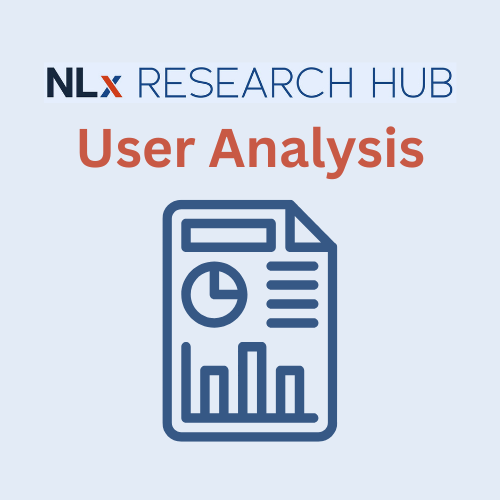Welcome to the NLx Research Hub Community projects page!
Explore projects from across the workforce and education ecosystem that demonstrate how users and partners like YOU are relying on the NLx data to increase our collective understanding of labor demand and the nature of work at the national, regional, and state levels.
Have a project or case study you’d like to share with the community? Complete the submission form at the bottom of the page and show the world how you are unlocking the power of jobs data!
Analyses, Case Studies, and Reports from the NLx Research Hub Community
Products and Tools Powered by the NLx Data
Submit a Project or Case Study
*
Submit a Project or Case Study *
By submitting a project or case study to share with other NLx Research Hub users, you’ll help the community discover new ways to use and find information.
All submissions are subject NLx Research Hub approval before they are published on the NLx Research Hub website. It is the responsibility of the individual submitting to ensure they have the proper permissions to share the work. All submissions must:
Utilize the NLx data
Align to the extent possible with the Research Hub principles of transparency, accessibility, and replicability
Adhere to any necessary data and licensing agreements







